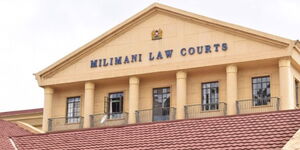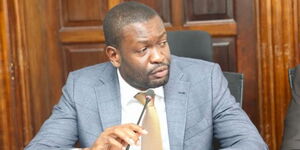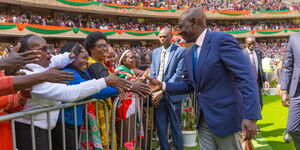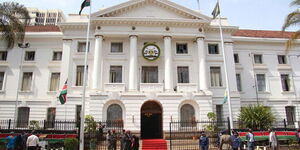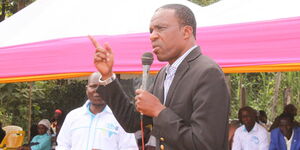East African Court of Justice (EACJ) faulted the Kenyan judiciary over delays in deliberations of the impeachment of former Nairobi Governor Mike Mbuvi Sonko on Friday, November 28, 2025.
EACJ accused the judiciary of procedural flaws in the former governor's case.
Sonko was barred from contesting the Mombasa governorship in 2022 after the Supreme Court upheld his impeachment.
He moved to the EACJ, claiming his right to a fair trial had been violated.
The EACJ upheld his petition, citing breaches of Article 25 of Kenya's Constitution and Articles 6 and 7 of the East African Community Treaty, which emphasise justice, good governance, and the rule of law.
Although the regional court did not overturn the Supreme Court's decision, it sharply criticised the process, noting that permanently barring Sonko from holding public office inflicted "irreparable harm" on his political career.
EACJ stated that permanently barring Sonko from holding public office inflicted irreparable harm on his career and reputation.
Sonko has since pressed the Judicial Service Commission (JSC) to act on his petition seeking the removal of Chief Justice Martha Koome, accusing her of bias and administrative interference.
"More than three and a half years later, we have not received a response from the Commission," Sonko wrote in a letter dated November 24, 2025.
Sonko termed this 3-year delay "inexplicable silence."
He further questioned the Supreme Court's urgency in fixing his hearing for July 14, 2022, just a day after a High Court cleared him to vie for office.
The JSC has remained silent on Sonko's petition despite repeated demands for clarity.


